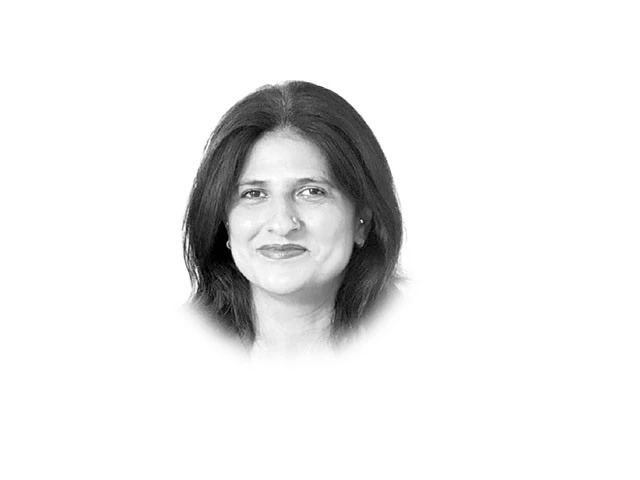Xiangshan Forum and rise of a law-based global order
.

The genocide of the 21st century is a testament that the post-WWII global rules-based order is a fundamentally flawed proposition. The very phrase "rules-based" is sufficient to explain that the void deliberately created by the absence of international law was the foundational mistake. The world is now witnessing endless wars, economic hegemony, currency monopoly and an active genocide precisely because the so-called rules-based order was designed to safeguard the interests of a few. The rules themselves are self-serving, ever-changing and contingent upon the interests of those who created them.
The post-WWII institutions such as ICC, ICJ, IMF and UN are either defunct or redundant, being structurally incapable of providing inclusive global governance. The Palestinian plight for basic human rights has turned into a massacre, and yet the so-called rules-based order shows no sign of making space for Global South, which represents 70% of the world's population. The impunity bestowed upon an apartheid state by the 30% known as Global North has raised public sentiment to an explosive point.
It is more self-evident than ever that the world needs an international law applied equally to all. The world needs a new global inclusive governance system, a new civilisational initiative and a new security- and dividend-based economic system. This raises the question: what will replace these existing redundant systems - and how?
Against this global backdrop, the 12th Beijing Xiangshan Forum, themed "Upholding International Order and Promoting Peaceful Development", ended with a loud and clear message: the world must be saved from genociders and their abettors. The forum brought together more than 1,800 participants from over 100 countries, territories and global organisations. Discussions focused on pressing issues of global peace, security, conflict resolution and enhanced defence cooperation. Plenary sessions centred on building a fair global security governance system, strengthening strategic trust in the Asia-Pacific, safeguarding international order and fostering regional stability and cooperation.
The three-day forum covered almost all the pressing issues facing humanity: relations among powerful countries; regional security cooperation; conflict management; arms control and implications of new technologies for warfare - a field of growing global interest, particularly after the Indo-Pak conflict in which Pakistan downed six state-of-the-art fighter jets without even being within 150 km of them, while also demonstrating the capacity to disrupt electricity grids in Indian cities. These capabilities were achieved through emerging technologies that Pakistan shared with China. Participants at the forum agreed that the application, control and impact of modern and future warfare are deeply tied to technological warfare tools. In crux, every nation has to maximise its deterrence to survive.
The Beijing Xiangshan Forum, originally called Xiangshan Forum, was initiated by China Association of Military Science (CAMS) in 2006 as a track-II platform for Asia-Pacific security dialogue. Since 2015, the Xiangshan Forum has been co-hosted by CAMS and China Institute of International Strategic Studies, and in 2018 it was renamed Beijing Xiangshan Forum. Focusing on the Asia-Pacific, the forum promotes concepts of equality, openness, inclusiveness and mutual learning.
Shusha Dialogue and Xiangshan Forum are relentlessly working towards a new horizon of prosperity and security for all. Following these forums provides clear rubrics of the future we expect and highlights the consistent efforts being made to reach that goal. Yet, as always, these discussions are kept hidden from the Western public by their media, so that they may not glimpse the crumbling of unipolar, treacherous and vicious hegemony, and the dawn of a multi-nodal world. This is in the hope of ending the current suffering and preventing future tragedies through international rules applied equally to all.
The hope for a peaceful future lies in the East. True that we are going through the worst storm of this century, but this too is a precursor to the change humanity so urgently needs. The demise of the old world order will lead to the sprouting of inclusivity and security for all.


1674717934-0/chatgpt-(1)1674717934-0-208x130.webp)
















COMMENTS
Comments are moderated and generally will be posted if they are on-topic and not abusive.
For more information, please see our Comments FAQ